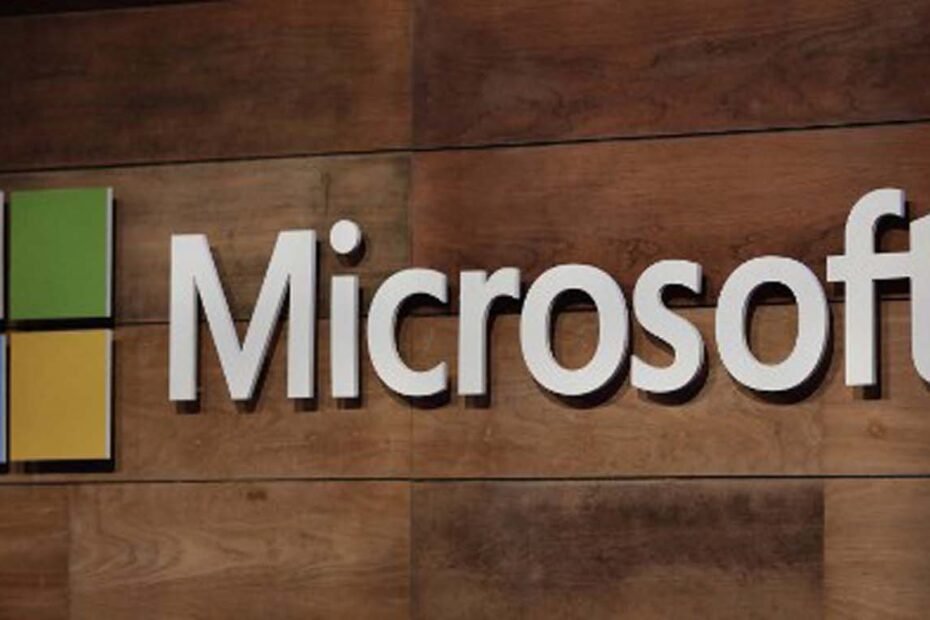A recent move by Microsoft Blocks ICC Email has made European leaders sit up and take notice — and not in a good way.
The Trigger: Microsoft Cuts Off ICC Prosecutor’s Email
It all started when U.S. President Donald Trump imposed sanctions on Karim Khan, the chief prosecutor at the International Criminal Court (ICC). The ICC had issued arrest warrants for Israeli leaders, including Prime Minister Benjamin Netanyahu and former Defense Minister Yoav Gallant.
Shortly after the sanctions were announced, Microsoft Blocks ICC Email. The decision was likely a legal move to comply with U.S. sanctions, but it didn’t go unnoticed in Europe.
A Wake-Up Call for Europe
For many European officials, this felt like a line had been crossed. If an American tech company can cut off access to something as basic and vital as email — based on U.S. politics — what does that mean for Europe’s digital independence?
One former diplomat, Casper Klynge, called the move “the smoking gun.” He said it confirmed what many in Europe were already worried about: that American companies might have too much control over critical services used by international organizations and governments.
The Real Fear: U.S. Laws Rule the Internet
The incident has raised bigger questions. What happens if the U.S. government targets someone in Europe? Can American tech companies be forced to follow orders that affect non-Americans?
In many cases, the answer is yes.
That’s because most major tech platforms — including email, cloud services, and messaging tools — are owned and operated by U.S.-based companies. And those companies must follow U.S. law, even when it affects people and institutions outside the country.
Some Are Already Making Changes
Not everyone waited for a solution. According to reports, some ICC staff members switched from Microsoft services to ProtonMail, a Swiss-based encrypted email service known for strong privacy protections.
It’s a small change, but it shows that European institutions are looking for tools they can trust — especially in politically sensitive situations.
Microsoft’s Response
To its credit, Microsoft Blocks ICC Email. The company explained that it didn’t cut off the email accounts of four ICC judges who were sanctioned earlier. And it has since updated its internal rules to better handle these types of cases.
This week, CEO Satya Nadella also announced new “sovereign solutions” — tools specifically designed to help European governments and institutions have more control over their data and systems.
Why Europe Is Worried

This isn’t just about one email address. It’s about trust.
European leaders are asking themselves:
- Can we trust U.S. tech companies with our most sensitive information?
- What happens if our interests conflict with U.S. foreign policy?
- Should we be building more of our own technology — and relying less on Silicon Valley?
These questions are becoming more urgent, especially as geopolitical tensions rise and data becomes one of the world’s most valuable assets.
Looking for Local Solutions
This incident may accelerate Europe’s push for “digital sovereignty” — a fancy way of saying they want European-based tech solutions that are built, stored, and managed within the EU.
Here are a few alternatives already gaining traction:
- ProtonMail (Switzerland) – Secure, private email service
- Nextcloud (Germany) – Self-hosted cloud storage platform
- OVHcloud (France) – European data center provider
Some governments are even making it mandatory for public institutions to use European services whenever possible.
What Comes Next?
Expect to see:
- More investment in European tech startups
- Stricter rules around where and how sensitive data is stored
- Public pressure on institutions to reduce their dependence on U.S.-based platforms
This won’t be an overnight change, but the momentum is clearly shifting. Europe wants more control — and more choices — when it comes to its digital future.
Key Takeaways
- Microsoft disabling an ICC prosecutor’s email has triggered concerns in Europe.
- European leaders fear over-reliance on U.S. tech could put them at political risk.
- Some organizations are switching to local alternatives like ProtonMail.
- Microsoft is trying to reassure Europe by launching new “sovereign” products.
The event has sparked a bigger push for digital independence in Europe.
